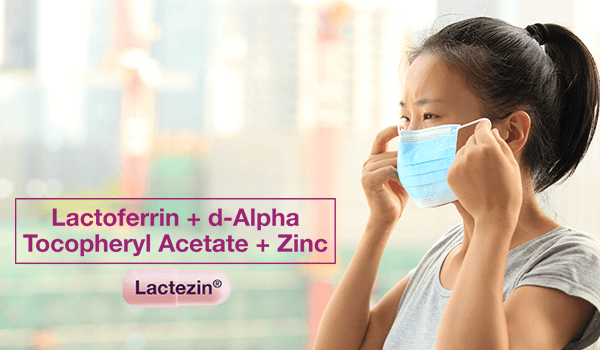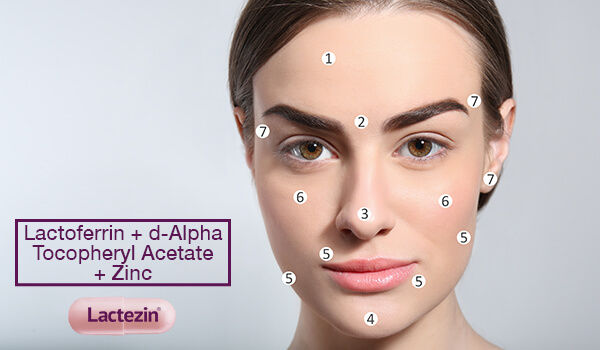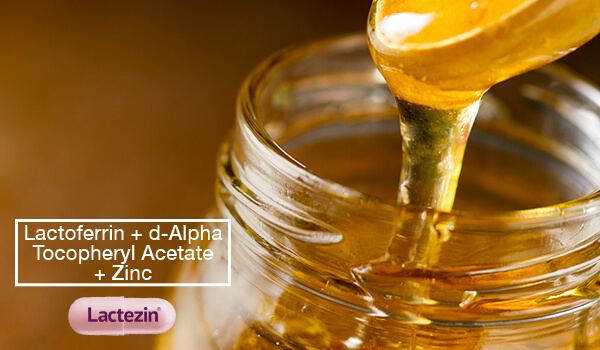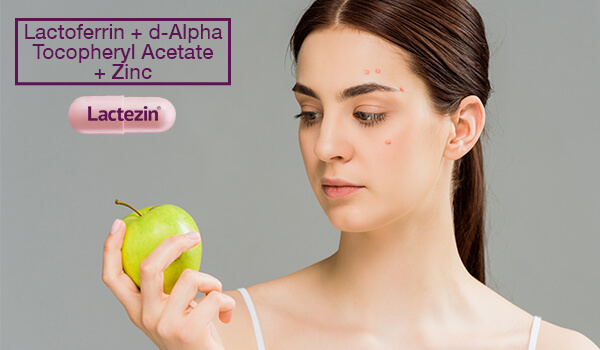Why Face Masks Are Giving You Acne and How To Avoid It

As we slowly embrace the new normal, we also adapt to a lot of changes designed to keep us and people around us, protected. One of which is wearing a face mask when leaving our homes to prevent the spread of the dreaded virus. But wearing face masks, especially when worn for long hours, have also been causing obvious problems: facial breakouts. Skin irritations usually in areas covered by masks often lead to skin flare-ups. It’s called “maskne”, coined from the idea of a mask causing acne. These are skin breakouts usually appearing along the chin strap, cheeks, and areas near the nose bridge. Good thing though, you don’t have to choose between beauty and safety. You can have both, given the right information on what causes maskne and how to avoid it.
What Causes Mask Acne?
- Heat and Humidity
One of the main reasons for maskne or skin acne caused by face masks is the increase of heat and humidity around that area covered by the face mask. Trapped breath, sweat, and oil creates a hot and moist skin environment. These elements tend to clog the pores and cause skin inflammation leading to acne. - Mask Type
The type of mask used also has a lot to do with such skin irritations. Cloth masks tend to absorb the skin’s natural sebum and trigger it to produce more oils. This results in overproduction of pore-clogging oils. The N95 mask which has a tighter and more enclosed fit around the nose and the mouth causes skin rashes especially when worn for long hours. It also causes “pressure ulcer” or localized damage to skin as a result of long-term pressure which means skin trapped in a tight mask for long hours. - Compromised Skin Barrier
A compromised skin barrier also causes skin flare-ups. When the skin gets irritated because of too much friction, the skin barrier (that layer which shields the skin and keeps moisture locked in) gets disrupted. As a result, bacteria, dirt, and other pollutants get inside the skin, triggering the start of inflammation. Hence, the appearance of mask acne. - Overwashing
Under our present condition of being told to wash often, the tendency to over cleanse the face can also be a cause for skin breakouts. Over washing, especially with the use of antibacterial soaps, can dry the skin. The same goes for overdoing your exfoliation and detox cleansing. When skin’s natural moisture is altered, acne happens.
How Do You Prevent Mask Acne?
- Find the right face mask
Don’t fall into the trap of buying face masks purely for aesthetic reasons. A lot out there are being sold, all attractive-looking with various cuts and designs. While it’s not bad to get one that looks good, know that the bigger consideration to factor in is the kind of material and customized fit a mask can provide. Get one that has a snug fit, made of soft, natural, breathable material. Avoid synthetics like polyester, nylon, and rayon as these materials can make you sweat faster. - Protect your moisture barrier.
Yup, moisturize your skin before you put on your face mask. That friction between the skin and the mask can make your skin release water and in the process, lose moisture. By moisturizing the skin, you lessen the friction and you prevent your natural skin barrier from getting disrupted. Go for non-comedogenic, oil-free moisturizers. Of course, this should be done right after cleansing the skin using a gentle, pH-balanced skin cleanser. - Avoid using makeup.
If you can, avoid using makeup at all costs, when putting on a face mask. Leave your foundation and concealers for the meantime, as these can only clog your skin and exacerbate your skin’s condition. Your face is covered by a mask anyway. If and when you really need to do your beauty magic, opt to just touch those areas not covered by the mask. Perhaps, a simple eye makeup or some eyebrow definition. - Cleanse and moisturize after mask time.
Immediately wash your face after taking off your face mask. Use a gentle, sulfur-based facial wash that will thoroughly cleanse the skin without drying it. Follow it up with an oil-free, fragrance-free moisturizer. If possible, go for one that has hyaluronic acid to replenish the lost moisture.
With so many skin stressors these days, acne is prone to happen. But you can combat it, given the right and trusted skincare product. Start with Lactezin. Lactezin has Lactoferrin + d-Alpha Tocopheryl Acetate + Zinc working together to keep the skin healthy. Lactoferrin has antibacterial and anti-inflammatory properties that protect the skin from infection and irritation. d-Alpha Tocopheryl Acetate is a very potent antioxidant that helps eliminate skin-damaging free radicals. Zinc helps regulate skin’s natural moisture to maintain a healthy appearance. Taking Lactezin 2x/day helps fight acne, improves skin immunity, and maintains healthy skin from within.
Lactoferrin + d-Alpha Tocopheryl Acetate + Zinc is the generic name of Lactezin.
If symptoms persist, consult your doctor.
To know more about expert skin care, Click here.
SOURCES:
https://www.elle.com/beauty/makeup-skin-care/a32344537/maskne-is-the-new-acne-from-face-masks/
https://www.allure.com/story/ppe-face-mask-skin-care-guide
https://www.bcm.edu/news/skin-and-hair/avoid-face-irritation-acne-while-wearing-mask
https://ciinmagazine.com/beauty/ciin20052001-cropping-up-its-called-maskne/


